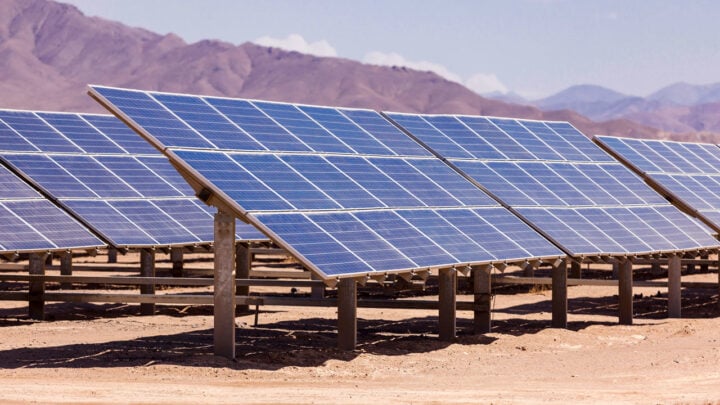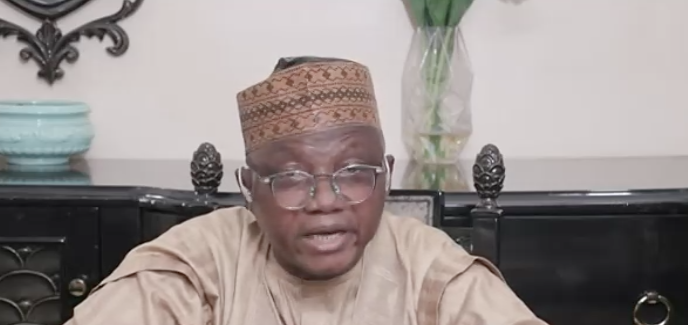Solar Panels
The federal government says it plans to build a 2.5 megawatts (MW) hybrid solar power plant in the Nigerian Defence Academy (NDA) in Kaduna.
Abubakar Aliyu, minister of power said this at the 40th national solar energy forum (NACEF 2022) held in Kaduna on Wedenesday, according to a statement issued by Iyali Peter, special adviser on media to Goddy Jedy-Agba, minister of state for power.
Aliyu, who was represented by Jedy-Agba, said the building of the solar power plant would enhance security at the academy.
He said reliable and sustainable energy was key in the fight against insecurity in the country.
Advertisement
“Countries all over the world are exploring avenues of fulfilling their specific commitments and nationally determined contributions (NDCs) in line with the Paris Agreement on Climate Change and COP26 Agreement in Glasgow. Nigeria is not left out,” he said.
“To achieve Nigeria’s commitment to COP26, President Muhammadu Buhari’s administration is implementing different initiatives targeted at achieving at least 30,000MW generation by 2030 with 30 percent from renewable energy sources.
“The Buhari administration is fully committed to the global decarbonisation drive. To demonstrate this commitment, the government has opened discussions with some independent power plant (IPP) solar project developers planning to deploy solar mini-grids across the country.”
Advertisement
Aliyu said 10 state governments were facilitating solar projects in their states that would deliver 100MW each, contributing 1000MW to the off-grid structure.
On his part, Salihijo Ahmad, managing director, Renewable Energy Association (REA), while delivering his keynote address, said in the last few years, there has been significant improvement in the country’s renewable energy space due to diverse initiatives of the government.
Ahmad said the federal government was deliberately driving policies targeted at drawing in private sector participation by encouraging investments and scaling up socio-economic impact of off-grid electrification nationwide.
He, therefore, urged participants at the event to see themselves as active stakeholders within the renewable energy space.
Advertisement
“It is important to keep up with this momentum by playing our part in different spheres because, on this journey towards ending energy poverty in Nigeria, strategies and roadmaps cannot be designed in silos,” he said.
“But it must be implemented as fit-for-purpose and deliberate endeavours to solve the nation’s energy problems.”
Add a comment






